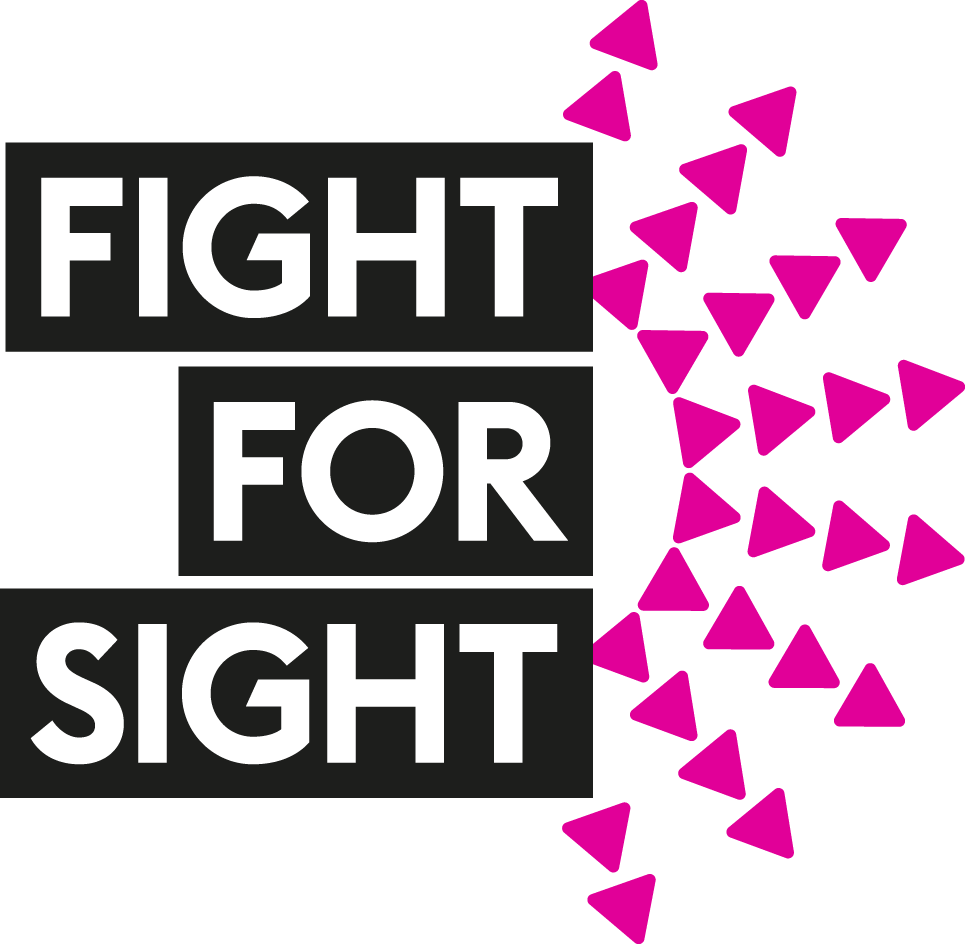Fight for Sight welcomes news of gene therapy set to become available on the NHS

Fight for Sight welcomes the news announced today that a gene therapy treatment will now be available on the NHS in England to treat a type of inherited retinal dystrophy.
The treatment, named Luxturna (voretigene neparvovec) and licensed by the drug company Novartis, has received approval from NHS England following NICE recommendation.
Fight for Sight has been actively engaging in the commissioning process for approval of this gene therapy to ensure that patients with a mutation of the RPE65 gene have access to this cutting-edge drug. The charity will continue to work alongside other commissioning authorities in the devolved nations to ensure as many patients as possible can benefit from Luxturna throughout the UK.
What are retinal dystrophies?
A retinal dystrophy is a condition associated with reduced or deteriorating vision in both eyes. The term refers not just to one single condition, but rather is a general name given to a wide range of eye conditions (for example, Retinitis Pigmentosa).
Most retinal dystrophies are genetic. This means they are caused by a mistake in a person’s genes and both eyes are likely to be affected. People with a mutation of the RPE65 gene may be suitable for the new treatment.
What is the Luxturna gene therapy?
In this gene therapy, a healthy copy of the gene is injected directly into the eye so a working protein can be produced. Patients need to have some functioning retinal cells for it to work. The gene should provide the instructions to make a protein that is key to normal vision.
Research has shown that, in the short term, Luxturna improves vision and prevents the condition from getting worse.
Dr Rubina Ahmed, Head of Research at Fight for Sight, said:
"It is well known that genetic eye conditions can be difficult to diagnose and to treat. The provision of this new treatment is extremely promising news for patients with a genetic change in the RPE65 gene, for whom the treatment will now be available on the NHS and will help to slow down their sight loss.”


